Cultural Indicators in Abu Dhabi: theoretic framework and challenges for their building
Published in Social Sciences, Sustainability, and Statistics
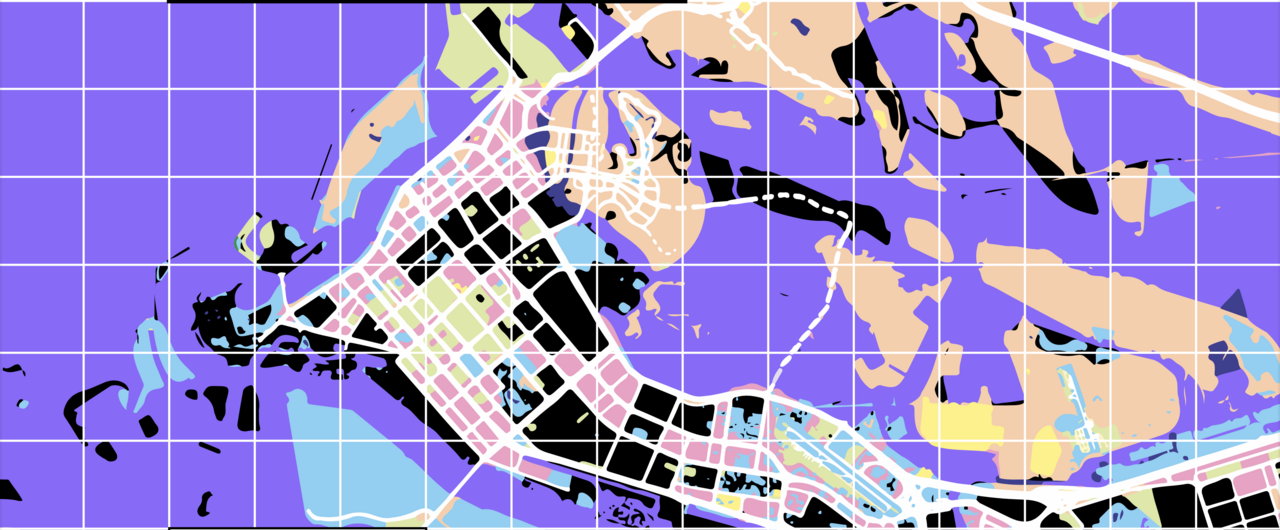
Recent discussions on the advancement of cultural measurement have demonstrated growing interest in our experience of conceptualizing Abu Dhabi’s pioneering framework for culture data collection and statistics, CultureSTATS-AD project.
Our foundational theoretical paper, published in Quality & Quantity and entitled "Cultural indicators in Abu Dhabi: theoretic framework and challenges for their building" (2021), was focused on adapting the emerging Abu Dhabi cultural indicators to address both (1) comparative international assessments and (2) the specificities of the local cultural ecosystem.
I would like to revisit this aspect, which remains relevant across all statistical levels and central to linking local cultural dynamics with the UN Sustainable Development Goals (SDGs).
The etymology of the term “statistics” traces back to the Latin word “status” (meaning state, condition, estimation, or position). Indeed, the ways we think about culture, act within it, and describe it - especially through statistics - are closely linked to challenges in cultural management, policymaking, monitoring of national trends, and the international harmonization of statistics. However, caution must be exercised to ensure that cultural statistics do not impose a rigid framework that limits the visibility of those cultural activities that are inherently unique to each locality.
Even though meeting international standards - such as UNESCO’s Culture 2030 Indicators Framework - is essential for ensuring global statistical harmonization, a direct replication of foreign best practices in cultural measurement (such as, for example, ESSNet-Culture or other frameworks) is not relevant for Abu Dhabi, as existing cultural practices and data are shaped by Abu Dhabi’s unique historical, administrative, and legislative contexts.
Nonetheless, we saw in 2020 that establishing partial correlations between Abu Dhabi’s taxonomy and international approaches offered a path forward.
Our research addressed this challenge of articulations between the ‘local’ and the ‘global’ by adopting a pragmatic approach to Abu Dhabi’s cultural vocabulary. At first glance, the Abu Dhabi culture vocabulary seems similar to the common international practice. However, the practical usages of culture definitions by policymakers, culture professionals, academics, etc. replicate a myriad of underlying social processes.
The paper proposed a transversal contextual analysis of Abu Dhabi's cultural documentation to recognize these processes as evolving components of the local cultural ecosystem that need to be continuously explored further through qualitative methods. This tailored approach aimed to understand and map the conceptual, legal, and social contexts in which currently used cultural definitions are embedded.
The analysis was based on the assumption that the effectiveness of management tools (e.g., Abu Dhabi’s emerging cultural statistics) lies not in their existence or mere use, but in their capacity to connect to a shared discourse (Detchessahar and Journé, 2007) - such as a cohesive narrative around Abu Dhabi’s cultural ecosystem and relevant policies.
The intertextuality of management tools (Kristeva, 1980) becomes consequently essential, as in this perspective, the reader's comparisons and relationships made with other texts make it possible to construct the meaning of the text read (Riffaterre, 1980). This systemic vision allows for the identification of what needs to be measured through the statistical indicators.
A transversal contextual analysis of Abu Dhabi’s cultural documentation provides an understanding of local cultural processes and the contexts in which key concepts are situated, while helping to establish logical links among the key elements of the policymaking system. Subsequently, our research proposed using these identified contexts as linchpins for developing cultural indicators.
Since Abu Dhabi’s culture-related documentation is still being established, our approach remained exploratory and included both normative texts (e.g., legislation) and other relevant materials, schematically visualized below. Based on this analysis, we designed a strategy for indicator selection, definition, and data population.

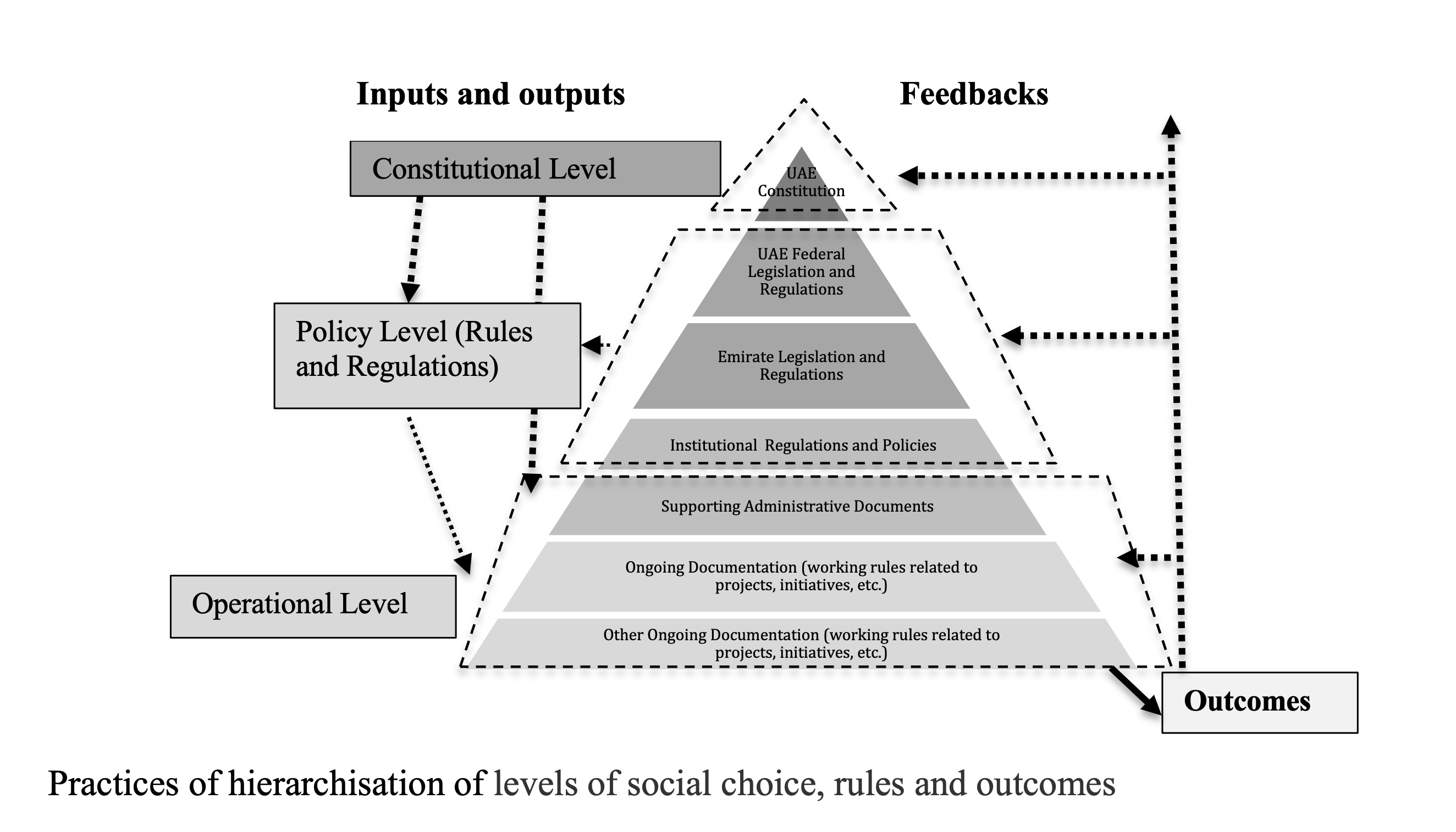
To conceptualize the relationship between Abu Dhabi's specific and broader international cultural statistics, we used Cartwright’s (2012) notions of “causal factors” and “support factors”, applied to the background conditions of the cultural phenomena to be measured. These factors vary significantly by local context, even when the resulting indicators appear internationally comparable.
In other words, the rationale behind evidence-based policymaking relies on proven causal links between a policy intervention and the statistically verified fact that it worked in a particular context. However, the success of such policies in one setting does not straightforwardly support the conclusion that they will be effective in the context of Abu Dhabi (and vice versa). Our methodology, therefore, linked cultural policy definitions - often broad and vague - with the specific local realities of their implementation.
In this sense, the development of cultural indicators contributes to an inductive reconstruction of cultural policy scope. It helps clarify the values and principles underpinning the sector. As statistics strive for pragmatic connections with reality, their precision is a relative value: an imperfect evaluation tool is better than no framework at all. Even if an indicator reflects indirect or partial representations of a phenomenon, it can still improve its effectiveness in conveying useful insights. This underscores the crucial role of indicators in the policy cycle, as data continually reshape our understanding of culture and the challenges facing cultural policy.
However, our approach cannot be considered exhaustive and faced several limitations. We demonstrated that a vocabulary-based method is effective in revealing both local concerns and opportunities for international comparability in cultural statistics. Nonetheless, we have not yet presented a full framework for bottom-up cultural indicator development. Since 2020, extensive qualitative culture research and data collection have been performed in Abu Dhabi, supporting the sustainable development of the emirate’s cultural statistics system.
References
Cartwright, N., & Hardie, J. (2012). Evidence-based policy: A practical guide to doing it better. Oxford University Press.
Detchessahar, M., & Journé, B. (2007). Une approche narrative des outils de gestion. Revue Française de Gestion, 174(5), 77–92.
Kristeva, J. (1980). Desire in language: A semiotic approach to literature and art. Columbia University Press.
Raevskikh, E., Di Mauro, G., & Jaffré, M. (2024). From living heritage values to value-based policymaking: Exploring new indicators for Abu Dhabi’s sustainable development. Humanities and Social Sciences Communications, 11, Article 1311. https://doi.org/10.1057/s41599-024-03841-5
Raevskikh, E., & Di Mauro, G. (2025, April 11). Rethinking cultural indicators as a lever for sustainable development: Insights from the Culture Summit Abu Dhabi 2025. Springer Research Communities Blog. https://communities.springernature.com/posts/rethinking-cultural-indicators-as-a-lever-for-sustainable-development-insights-from-the-culture-summit-abu-dhabi-2025
Raevskikh, E., Haidar, R. O., & Alkhamis, N. (2021). Cultural indicators in Abu Dhabi: Theoretic framework and challenges for their building. Quality & Quantity, 55(6), 2065–2086. https://doi.org/10.1007/s11135-020-01090-7
Riffaterre, M. (2005). La trace de l’intertexte. La Pensée, 215, 4–18.
Follow the Topic
-
Quality & Quantity

This journal constitutes a point of reference for European and non-European scholars to discuss instruments of methodology for more rigorous scientific results in the social sciences.
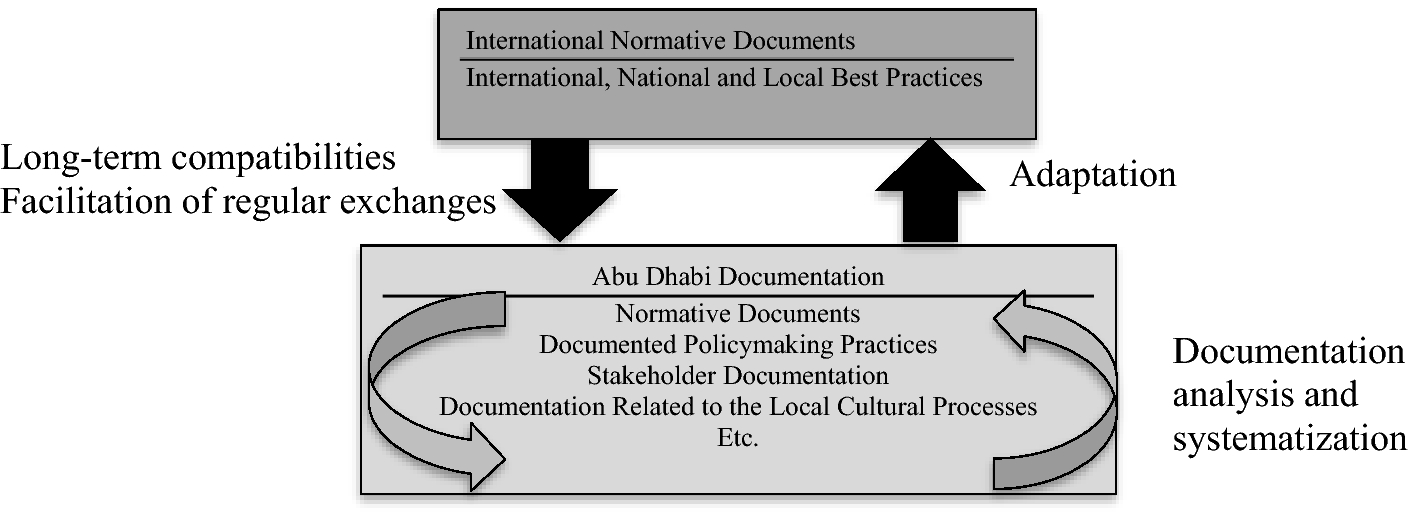
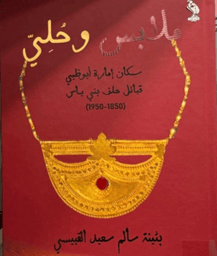



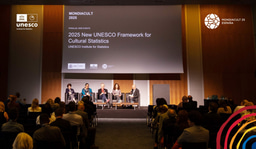
Please sign in or register for FREE
If you are a registered user on Research Communities by Springer Nature, please sign in